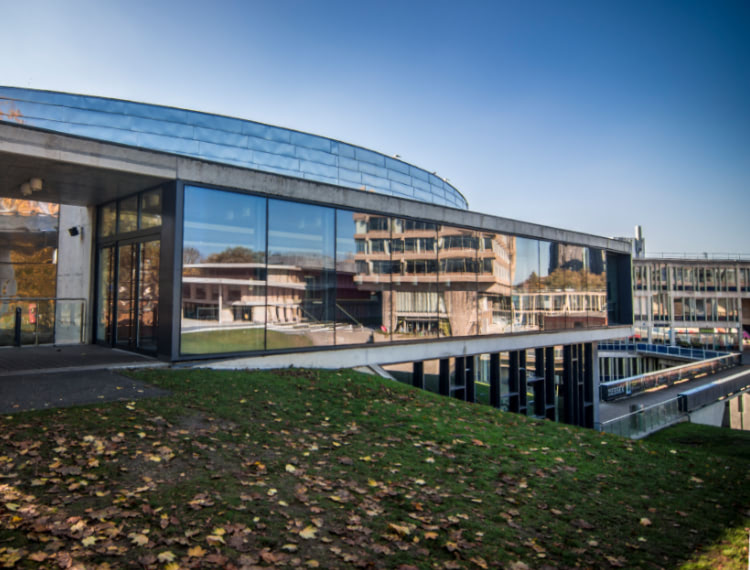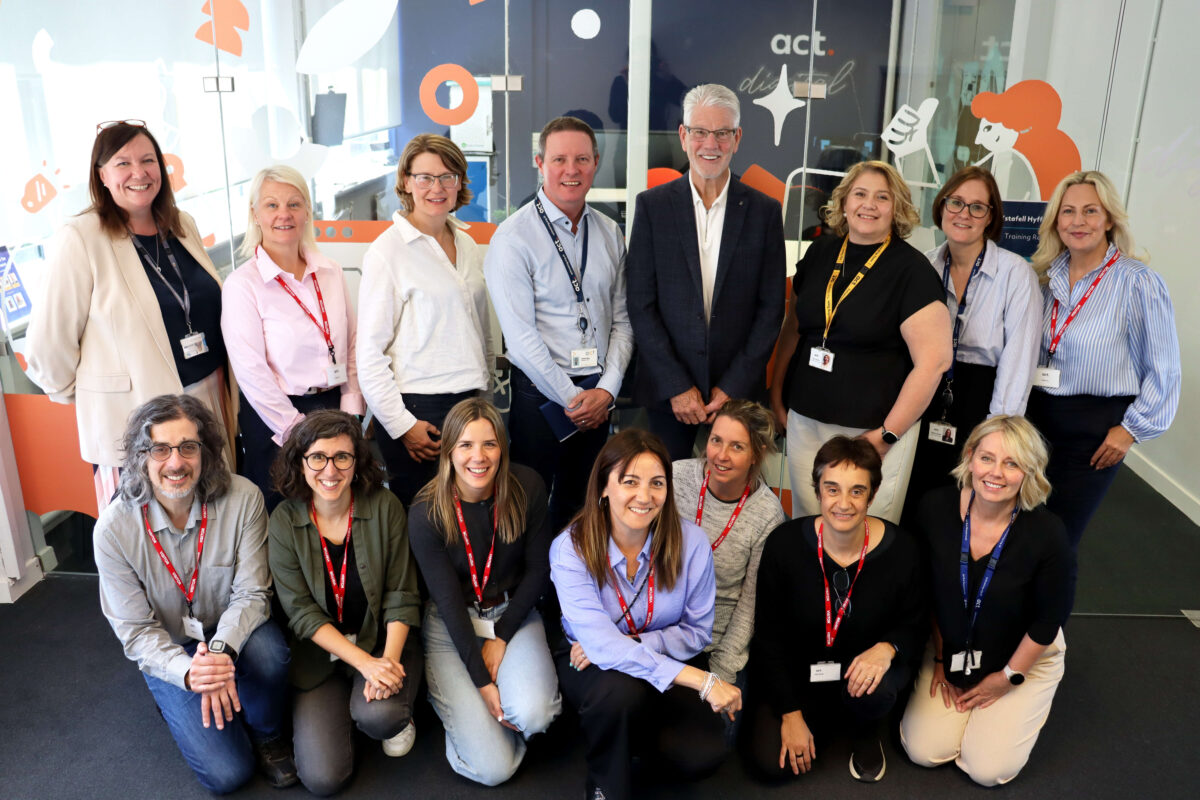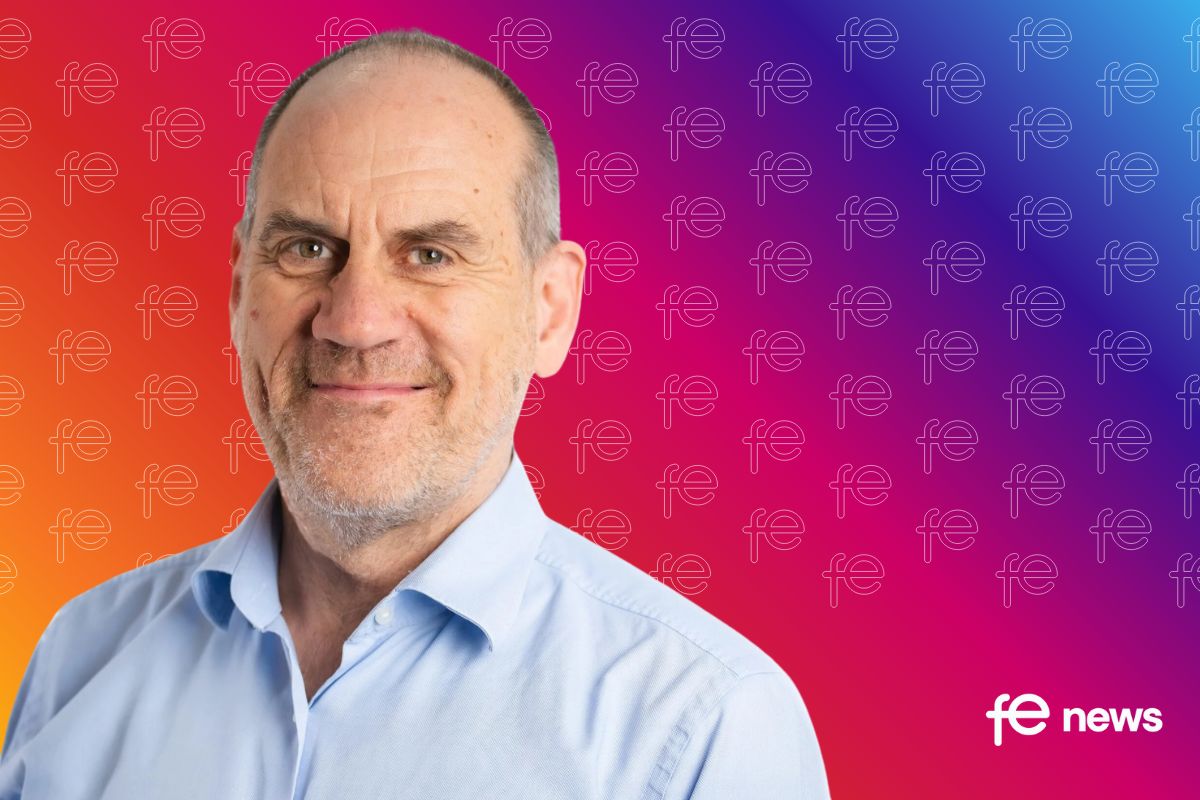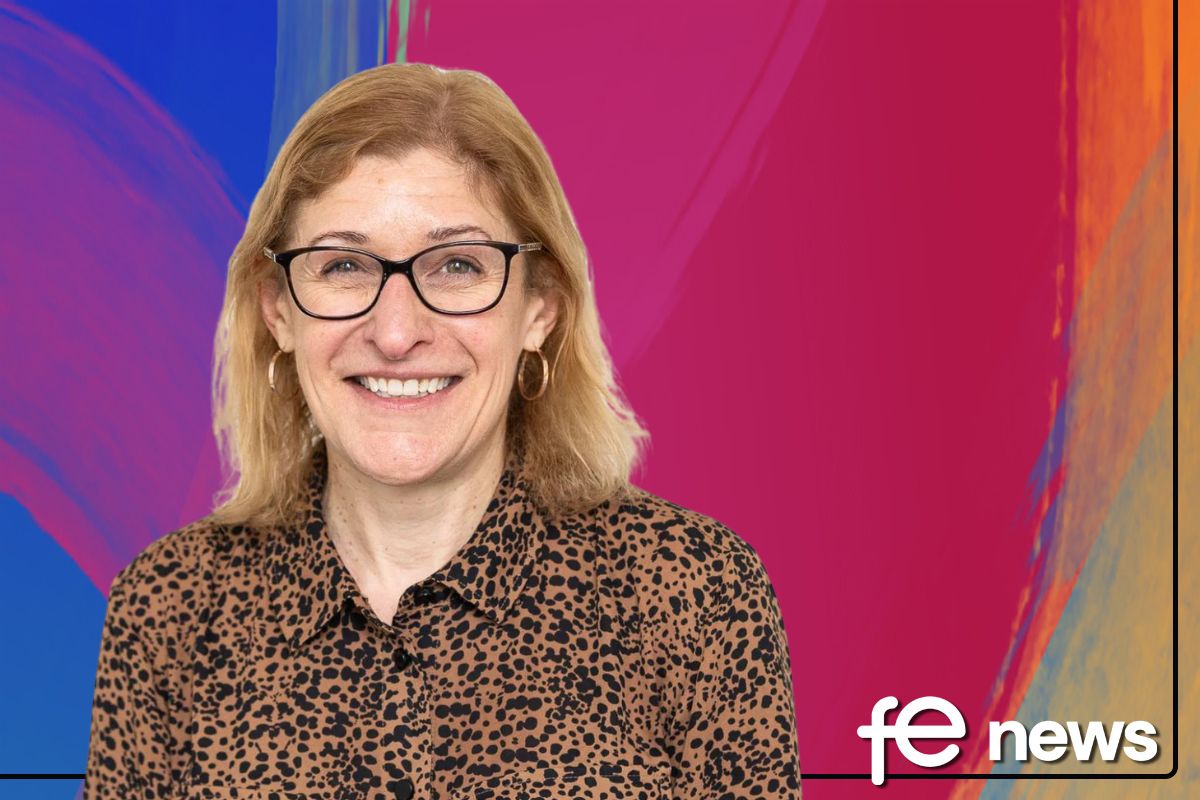University of Essex recognised for outstanding research and library

The University of Essex has continued its recent success, with a series of nominations recognising the University’s research strength and student-centred approach.
Essex has been recognised for two major research projects, with a further nomination for Outstanding Library Team at the Times Higher Education (THE) Awards 2019. At the 2018 awards, Essex won University of the Year,
Professor Lorna Woods, of Essex School of Law, has been nominated with Will Perrin for Research Project of the Year: Arts, Humanities and Social Sciences.
Their original research draws on well-established duty of care models, from areas including health and safety law, to develop a legal framework intended to protect internet users.
The pair’s research has already achieved significant impact, inspiring a national newspaper campaign and gaining support from a range of charities. Their model has attracted interest from France, Ireland, New Zealand, Canada and the EU.
In April this year, the government White Paper on Online Harms included key recommendations of the author’s research.
Professor Lorna Woods said:
“We are, of course, delighted to be shortlisted for Humanities Research Project of the Year. The reality is, though, that this is an ongoing project and we feel there is still some way to go to achieve UK legislation that addresses the many categories of online harm. We hope this recognition will, in some small way, keep this issue in the minds of lawmakers.”
The University of Essex’s second nomination recognises a global research partnership, which uses technology to deliver ground-breaking human rights investigations.
The Essex Digital Verification Unit (DVU), based at the University’s Human Rights Centre Clinic, has been shortlisted for International Collaboration of the Year, for its role in delivering a ground-breaking report by Amnesty International, into the 2017 campaign by the US-led Coalition to retake Raqqa, Syria from so-called Islamic State.
Working as part of Amnesty’s Digital Verification Corps, students from six global universities used open source methods to identify videos and photos of Raqqa online and then geo-locate destroyed buildings, using Google Earth. GPS coordinates were published online so that a further group of crowd-sourced volunteers could use free satellite imagery to find when those buildings had been destroyed. Amnesty investigators on the ground then used this information to identify survivors and witnesses, and piece together the true story of the destruction of Raqqa.
The project resulted in the most comprehensive investigation into civilian deaths in modern conflict, contrasting the US-led Coalition’s claims of minimal civilian casualties with verified reports of mass destruction and over 1600 deaths.
Dr Daragh Murray, who heads up Essex DVU, said:
“Students in our Digital Verification Unit are leading the way in the development of open source investigation techniques. Our collaboration with Amnesty, and partners in Berkeley, Pretoria, Toronto, Cambridge and Hong Kong are central to our work. This collaboration not only makes our work unique, it makes it possible.”
Professor Woods and Dr Murray are members of both Essex’s School of Law and its Human Rights Centre.
Professor Karen Hulme, Head of the School of Law, said:
“These two nominations attest to the vibrancy of the research being undertaken in the Law School. As a School, we look to develop our students’ research skills and their interest in research from Day One, teaching the law that matters and providing a legal education with global reach.”
Professor Lorna McGregor, Director of the Human Rights Centre, said:
“Both nominations underscore the complexities of the digital space for human rights. Digitisation and Artificial Intelligence can compound and introduce new forms of harm while also offering new ways to discover and document human rights violations. Lorna and Daragh’s work show how our Human Rights Centre members are leading the way in dealing with these complexities by using their research to develop policy and practical responses to the challenges and opportunities for human rights in the digital space.”
The University’s third nomination is for Outstanding Library Team.
Recent refurbishments have transformed the Albert Sloman Library into a flexible learning space at the heart of the University, but it is the work the library team has done with staff and students to make sure the space really works for them, which has led to library use increasing by nearly 20,000 visits a year.
Consultation with the Library Advisory Group has led to improvements including new IT-rich study spaces, 24-hour opening, self-service kiosks, unlimited loans and the abolition of fines. Support for students has been crucial and includes easily-accessible online reading lists for every course and a two-week programme to help Masters students with their dissertations. Led by library staff, it incorporates input from across the university, including wellbeing and academic skills support.
Cathy Walsh, Director of Library Services and University Librarian, said:
“I’m thrilled that the library team has been shortlisted for this award. We pride ourselves on shaping our services around the needs of students and academic staff and working collaboratively to achieve this. Being shortlisted for this prestigious award is a tribute to the hard work and commitment of the whole team.”
The THE Award winners will be announced on 28 November, at a ceremony at London’s Grosvenor House Hotel.











Responses